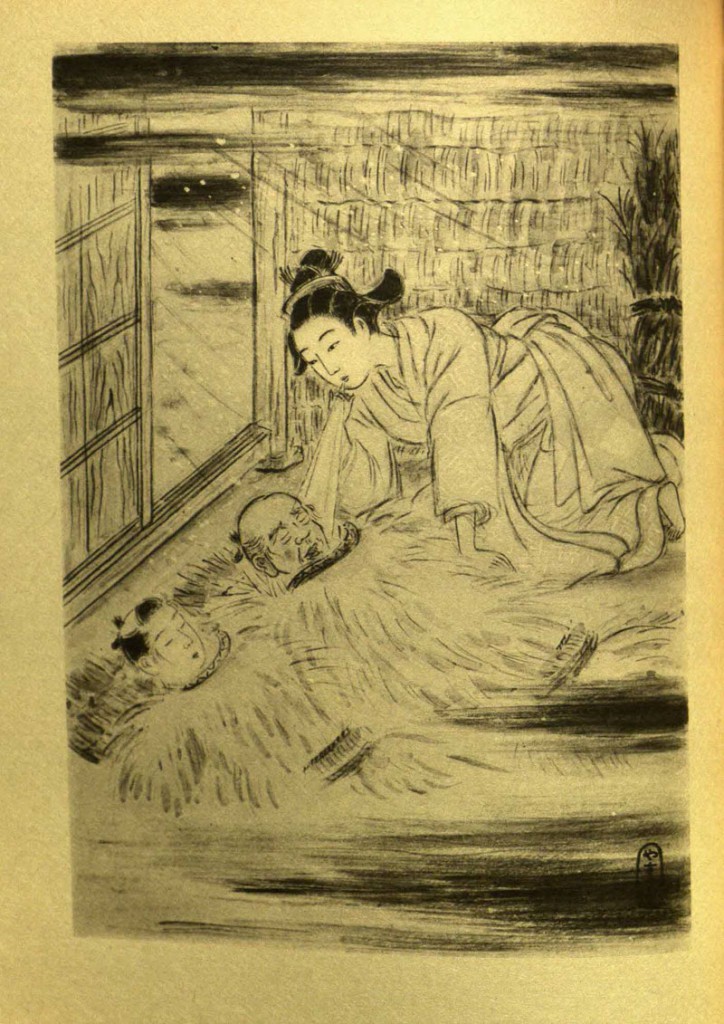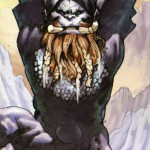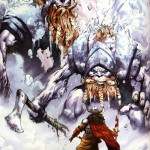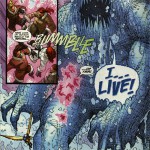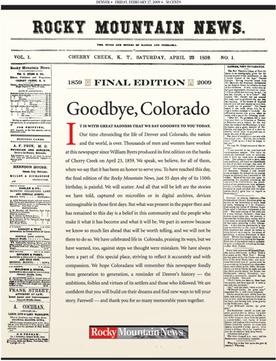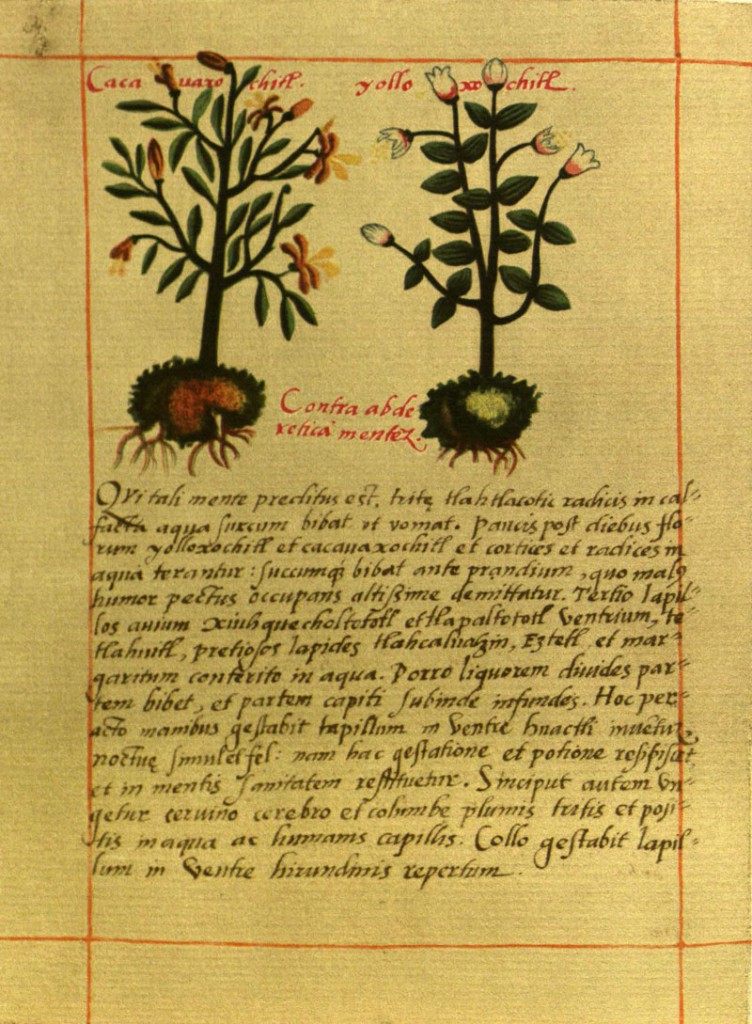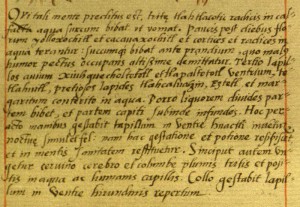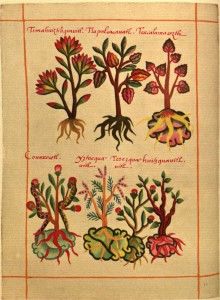In honor of the official first day of winter and the recently fallen snow here on MU's campus, this week's installment of the Fantastic Beasts series highlights creatures that live and breath the ice and snow of the Arctic. The first two images below show different depictions of Jack Frost, who, in these folk tales from Russia, saves a young girl whose step-mother threw her out in the cold to die. The image to the right is of a creature from Japanese folklore called the Yuki-Onna (or, Snow Woman) that kills travelers with her icy breath, leaving them frozen. In other legends, she breaks down the doors of houses with a fierce wind and then kills its sleeping residents (like she is in this picture). The final three images depict the Frost Giants of Norse mythology. in the first, the X-Men prepare to go up against the recently resurrected Ymir, progenitor of the Frost Giants. In the last two, comic book hero Conan battles two such Frost Giants as he pursues their sister across the ice.
If the weather isn't cold enough for you yet, or you just want to help celebrate the first day of winter, come see us at Special Collections, where we've got all these ice creatures and more waiting to be discovered in the warmth of our reading room.
